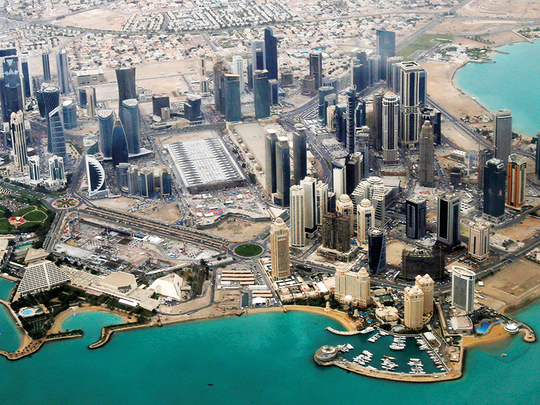The Gulf region stands as an attractive prospect for expatriates, offering lucrative job opportunities, tax-free incomes, and a chance to immerse in a rich cultural tapestry. However, when considering a move to this region, it’s essential to understand the nuances of the cost of living, which can vary significantly from country to country. In this comprehensive guide, we’ll dissect and compare the cost of living in Saudi Arabia with other Gulf countries, providing invaluable insights for those contemplating a relocation or seeking to compare expenses.
Saudi Arabia: An Overview
Saudi Arabia, renowned for its oil-rich economy, has been a magnet for expatriates for decades. With a sprawling population exceeding 36 million, it holds the distinction of being the largest country in the Gulf region, both in terms of land area and populace. Key cities such as the capital Riyadh and the bustling economic center Jeddah offer diverse opportunities across various sectors. In recent years, the Saudi government has made strides in diversifying the economy, leading to a surge in employment prospects for expats.
Housing Costs: Finding Your Abode
Housing expenses often constitute a significant portion of an expat’s budget, and Saudi Arabia provides a spectrum of options to suit various preferences and budgets. The rental market offers everything from modest apartments to opulent villas. On average, a one-bedroom apartment in a city center can range from SAR 3000 ($800), while a three-bedroom counterpart may vary between SAR 2,250 to SAR 5,000 ($600 to $1,350). Comparatively, countries like the United Arab Emirates (UAE) and Qatar tend to boast higher housing costs, particularly in cosmopolitan hubs like Dubai and Doha, where rents for one-bedroom apartments can soar upwards of $1,800.
Utilities: Managing Essential Services
Utility costs in Saudi Arabia typically remain lower compared to other Gulf nations, thanks to government subsidies on water and electricity. A typical monthly bill for a two-bedroom apartment hovers around $90. However, with ongoing economic reforms, these subsidies are gradually diminishing, potentially affecting future expenditure. Meanwhile, internet expenses in Saudi Arabia are relatively affordable, with a 100 Mbps fixed line unlimited plan priced at approximately SAR 290 ($77) per month, offering expats a reliable connection without breaking the bank.
Transportation: Navigating the Roads
Transportation expenses in Saudi Arabia are relatively economical, courtesy of affordable petrol prices. A liter of petrol costs around SAR 2.18 ($0.58), notably lower than in the UAE, where it averages around $0.82. While public transportation infrastructure is still evolving in Saudi Arabia, the availability of taxis and ride-hailing services like Uber ensures convenient and affordable travel options for residents.
Food and Dining: Savoring Culinary Delights
Grocery shopping in Saudi Arabia is marked by reasonable prices, with a diverse range of local produce and imported goods available. On average, a monthly grocery bill for a family of four may range from SAR 1,500 to SAR 2,250 ($400 to $600). Dining out is also a delightful experience, with an array of international and local cuisines to indulge in. A three-course meal for two at a mid-range restaurant typically costs between SAR 100 to SAR 200 ($25 to $50).
Education: Investing in Knowledge
For expatriate families, education is a crucial consideration. International schools are highly sought after in Saudi Arabia, with tuition fees varying depending on the institution and curriculum. On average, annual tuition fees can range from SAR 22,500 ($6,000), catering to diverse educational needs. While countries like the UAE and Qatar offer a broader selection of international schools, tuition fees tend to be higher, often exceeding $11,000 annually.
Healthcare: Prioritizing Wellness
Saudi Arabia boasts a blend of public and private healthcare facilities, with public services typically accessible to citizens at no cost. However, expats may incur expenses for certain medical services. Many opt for private healthcare, which offers a superior standard of care albeit at a premium price. Health insurance is imperative for expats, often provided by employers as part of the employment package, ensuring comprehensive coverage for medical needs.
In conclusion, while Saudi Arabia presents an enticing destination for expatriates, understanding the nuances of the cost of living is essential for informed decision-making. From housing and utilities to transportation and education, each aspect plays a pivotal role in shaping the overall expenses. By comparing these factors with other Gulf countries, individuals can gain valuable insights to facilitate their relocation journey or financial planning.

